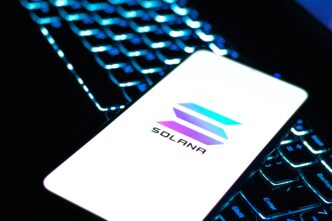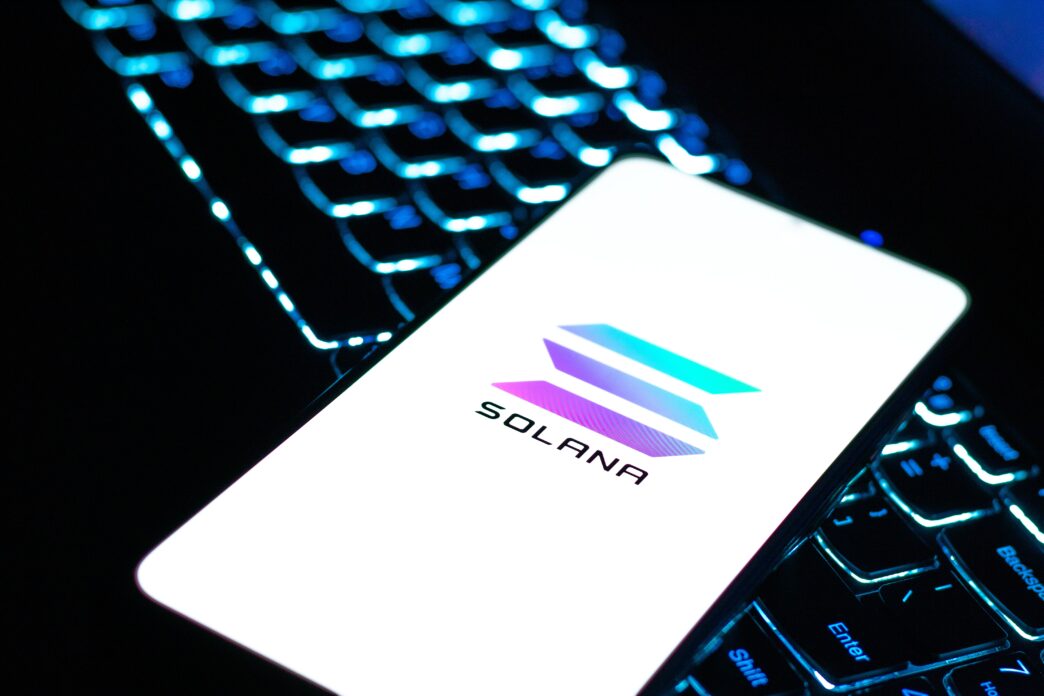Executive Summary
The Story So Far
Why This Matters
Who Thinks What?
Solana’s active validator count has seen a significant reduction, dropping by approximately 64% from about 2,500 to under 900 since early 2023. Despite this decline, ecosystem participants assert that the network is now stronger and more efficient, attributing the change to the removal of underperforming and problematic validators, alongside a strategic “three-for-one” adjustment in the Solana Foundation’s subsidy program.
Solana’s Validator Network Streamlines for Efficiency
The substantial decrease in active validators is largely seen as a positive development, as many of the outgoing operators were reportedly slow or contributed to network congestion. Tomas Eminger, Chief Infrastructure Officer at RockawayX, highlighted that a considerable portion of these validators utilized outdated hardware incapable of supporting Solana’s growing activity.
Developers maintain that a smaller validator set does not compromise network security. Instead, they argue it fosters a healthier and more efficient system, capable of upholding robust performance with fewer nodes. This shift is closely linked to evolving economic strategies within the Solana ecosystem.
The “Three-for-One” Subsidy Adjustment
The Solana Foundation revised its subsidy program in April, implementing a new structure where three subsidized validators are removed for every new one added. This initiative aims to transition the network away from artificial support, fostering a self-sustaining ecosystem.
The cleanup efforts have also helped to eliminate malicious actors. Dillon Liang, co-founder of Blueprint Finance, noted that many departing validators were involved in “sandwich” attacks, a form of front-running trades. Their exit has consequently reduced manipulation risks and enhanced overall stability across Solana’s infrastructure.
Growth in DeFi and Institutional Integration
Despite the validator adjustments, Solana’s total value locked (TVL) and stablecoin balances continue to climb, indicating steady liquidity growth. This trend is supported by an increasing number of new and established DeFi teams preparing to launch products on the network, alongside ongoing institutional payment integrations.
The network has also implemented several changes designed to bolster this growth, including a revised asset-listing process, new perpetual markets, and active launchpads. These collective efforts suggest a supportive environment for Solana-based DeFi in the coming months.
Solana Price Prediction: Entering Consolidation?
Solana (SOL) is currently attempting to stabilize near the $160 mark following a sharp decline from its multi-month consolidation range. The token recently broke out of a tightening triangle pattern, subsequently losing the mid-range support area between $175 and $180, which now acts as resistance.
The breakdown led to a rapid price drop, characterized by strong selling pressure and liquidations along an older ascending trendline. SOL is presently bouncing from a demand zone at $155–$165, an area where buyers have previously stepped in, providing short-term support.
However, the overall outlook remains bearish as long as SOL trades below the former support zone of $175–$180. Should the price fail to reclaim this area, downside pressure may persist, with the next significant support level identified in the $135–$145 range.
To reverse the current bearish momentum, SOL would need to decisively reclaim $180. A move above this level could potentially pave the way for a retest of the $200 resistance mark.
Key Takeaways
Solana has strategically reduced its validator count to enhance network efficiency and security, removing underperforming nodes and bad actors while maintaining robust performance. This internal restructuring coincides with growing liquidity, increasing DeFi activity, and institutional interest. Concurrently, SOL’s price faces a critical juncture, attempting to consolidate above $160 after a bearish breakdown, with key resistance levels needing to be overcome to shift market sentiment.







